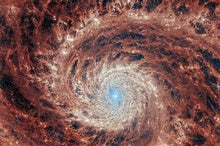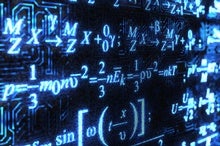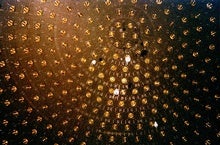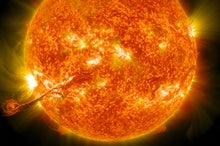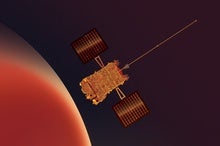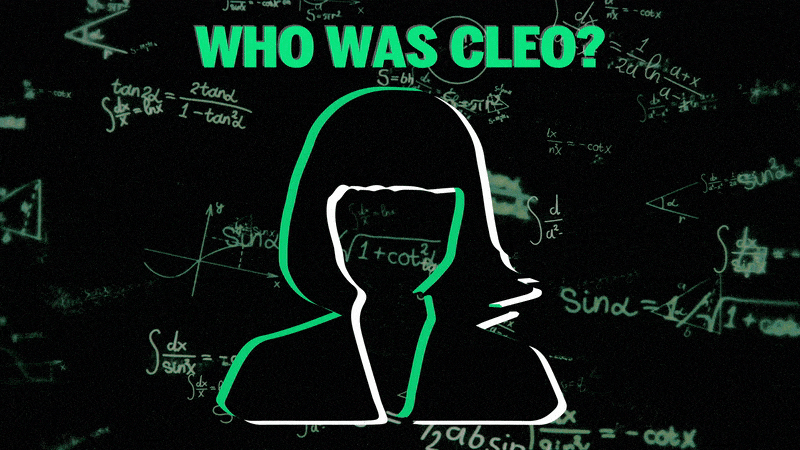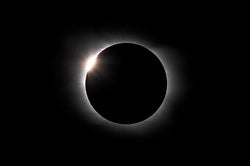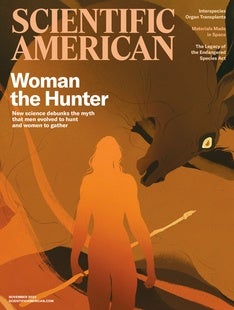 |
| January 4, 2024 |
Happy New Year! I hope you, like me, had a restful and joyous Yuletide break. Now that 2024 is upon us, however, it's time to reflect on some of the past year's highlights—and to discuss some of the exciting events this coming year holds. Our lead story is about one of the most hotly anticipated celestial happenings of 2024—a total solar eclipse in early April that will sweep across a huge, population-dense swath of North America, offering a once-in-a-generation spectacle for scientists and the public alike. Our story discusses the unique eclipse-centric science planned for the occasion, some of which you can even directly participate in. Elsewhere, we have articles on 2023's best space images, a breakthrough in estimating stellar ages, the strange deep-space destination of India's latest space probe, the biggest unsolved problem in computer science, and much more. Enjoy! |
| |
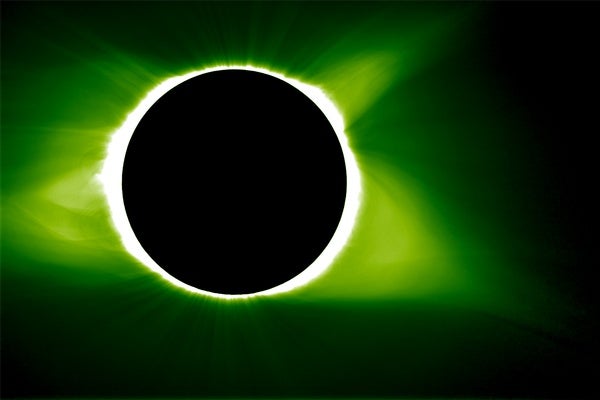 |
| |
| Astronomy Behold--the Best Space Images of 2023 This year's most interesting space images include infrared views of galactic "bones," an asteroid's double moon, Jupiter's giant polar vortex, and more | | | | |
| |
| |
| |
| |
| Astronomy The Winter Solstice Has a Surprising Secret How can the December solstice have the longest night in the Northern Hemisphere but neither the earliest sunset nor the latest sunrise? Earth's orbital quirks offer answers | | | | |
| |
| |
| Mathematics Podcasts of the Year: Cleo, the Mysterious Math Menace In 2013 a new user named Cleo took an online math forum by storm with unproved answers. Today she's an urban legend. But who was she? A 2023 editor's pick. |  | By Tulika Bose,Allison Parshall,Carin Leong | 12:47 | | | |
| |
| |
FROM THE ARCHIVE
 | | | |
LATEST ISSUES
 |
| |
| Questions? Comments?  | |
| Download the Scientific American App |
| |
| |



